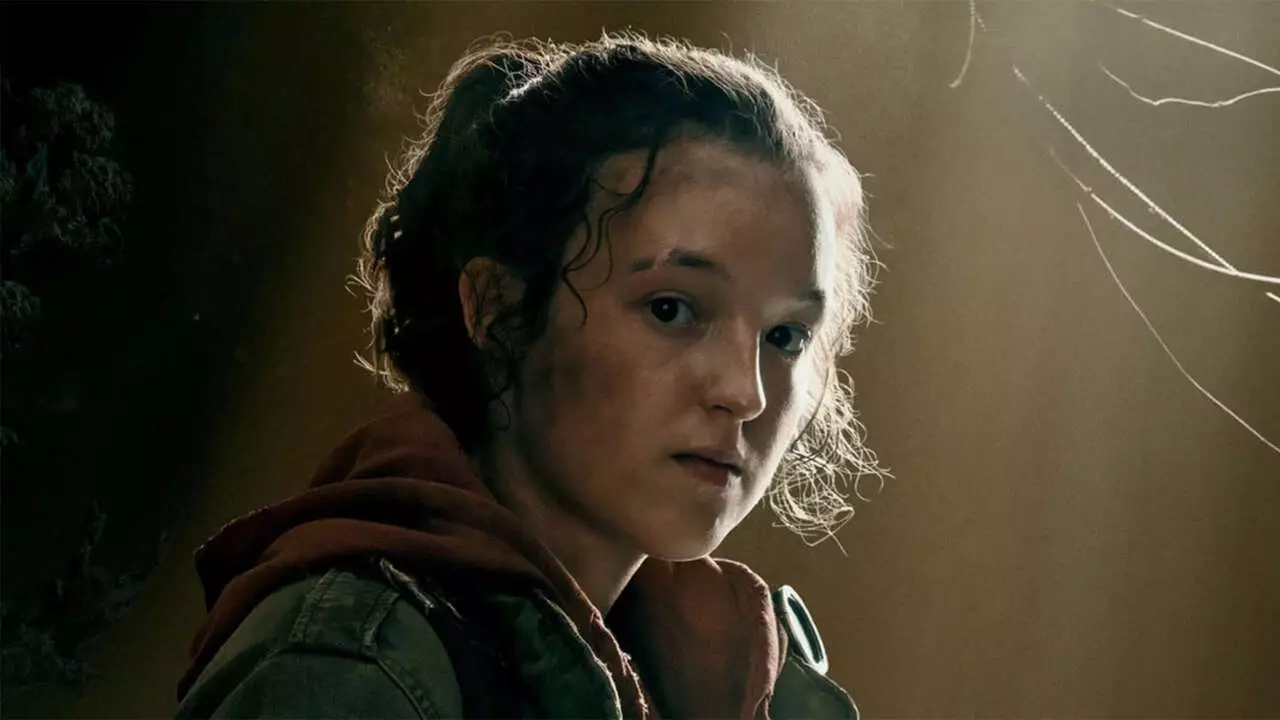The departure of Neil Druckmann from *The Last of Us* series marks a significant crossroads in the franchise’s evolution. As the co-creator of the original video games and a pivotal figure behind the show’s creative vision, Druckmann’s exit signals a potential paradigm shift. While his decision to focus on new ventures at Naughty Dog—specifically the development of *Intergalactic: The Heretic Prophet*—is understandable from a creative and professional perspective, it raises questions about the series’ future trajectory.
Druckmann’s intimate involvement in both the narrative and thematic depth of the series has been instrumental in maintaining a consistent tone between the games and the adaptation. His deep understanding of the source material ensured that each season resonated authentically with fans, blending emotional storytelling with thrilling action. Without his direct oversight, there’s a tangible risk that the series could drift from its core thematic essence, especially as creative control shifts. This move necessitates a careful balance to preserve the storytelling quality that attracted such a large viewership in the first place.
Moreover, Druckmann’s public farewell—described as a “career highlight”—demonstrates the personal significance he placed on this project. His collaboration with Craig Mazin, who himself has garnered acclaim for his work on *Chernobyl*, contributed to a nuanced, layered adaptation. His departure underscores an inevitable reality in long-running series: creative leadership must evolve as key figures pursue new achievements. While this often invigorates a franchise by invigorating new ideas, it can also introduce turbulence if new leadership does not honor or uphold the original vision.
Shifts in Perspective and Narrative Ambitions
One of the most intriguing developments following Druckmann’s exit is the confirmed shift in narrative perspective starting in Season 3. Moving focus from Ellie (Bella Ramsey) to Abby (Kaitlyn Dever) signals a deliberate attempt to deepen the narrative complexity. This decision reflects a mature understanding that storytelling should transcend singular viewpoints, especially for a series rooted in morally ambiguous characters and complex relationships.
By centering on Abby, the series aims to delve into a perspective often marginalized in the original storyline, offering audiences a more nuanced exploration of morality, survival, and the consequences of violence. Yet, this narrative pivot necessitates a fresh creative vision—one that can maintain continuity while introducing new thematic layers. It’s not just about shifting viewpoints but about reimagining the emotional and ethical stakes of the story.
Despite the excitement, this move also hints at a possible restructuring of the series’ long-term goals. With HBO seemingly tentatively charting Season 4 to encompass the entire *Part II* story arc, it indicates an ambition to complete the adaptation while possibly setting the stage for *Part III*. Such expansive storytelling demands innovative directions, especially with a series that’s been praised for its fidelity to the source material’s emotional depth. The success of this approach hinges on preserving the integrity of the characters’ journeys, which Druckmann’s presence helped facilitate.
Implications for the Series’ Future and Fan Expectations
While Druckmann’s departure brings uncertainties, it also opens a window for fresh creative energies to inject new vitality into the series. It’s worth noting that long-standing franchises often undergo such transitions without losing their core appeal—if handled skillfully. What remains evident is the importance of maintaining narrative integrity and respecting the fans’ emotional investment. Failure to do so could alienate viewers who cherish the original tone and storytelling approach.
HBO and the creative team behind *The Last of Us* seem committed to upholding these standards, as Mazin’s statements reflect. His acknowledgment of Druckmann’s contributions and his expressed excitement for Neil’s upcoming game suggest a healthy respect for the original creator’s work, even as new directions are explored. Ultimately, the challenge lies in balancing innovation with reverence—ensuring that each new season retains the emotional authenticity that made the series a cultural phenomenon.
Neil Druckmann’s exit marks a pivotal juncture that will test *The Last of Us*’s resilience and adaptability. It’s a critical moment where visionaries must leverage new creative synergies to craft a compelling continuation without diluting what has already captivated millions. The future of this series will be a testament to the strength of its underlying stories and the team’s ability to navigate change while respecting its roots.

